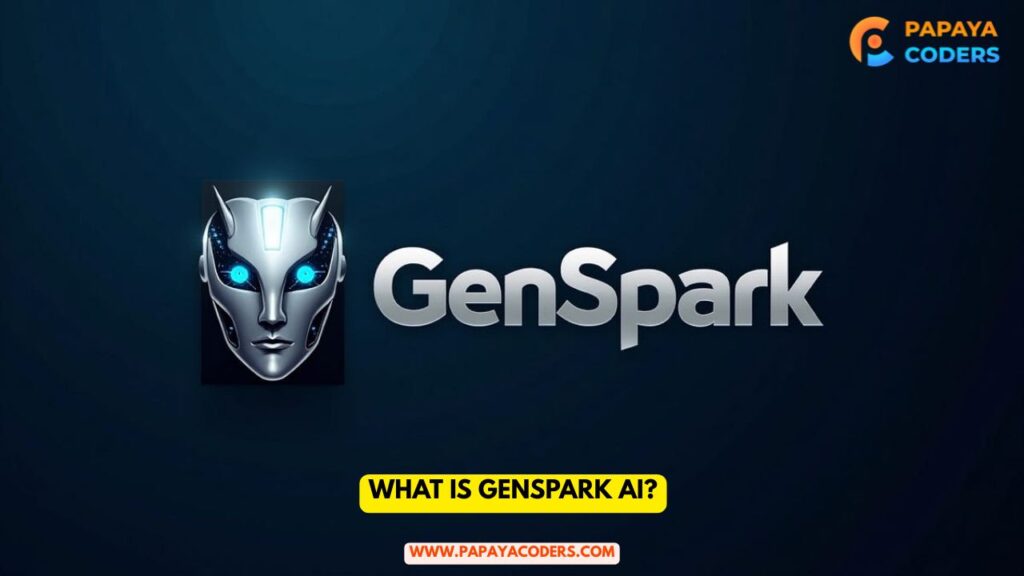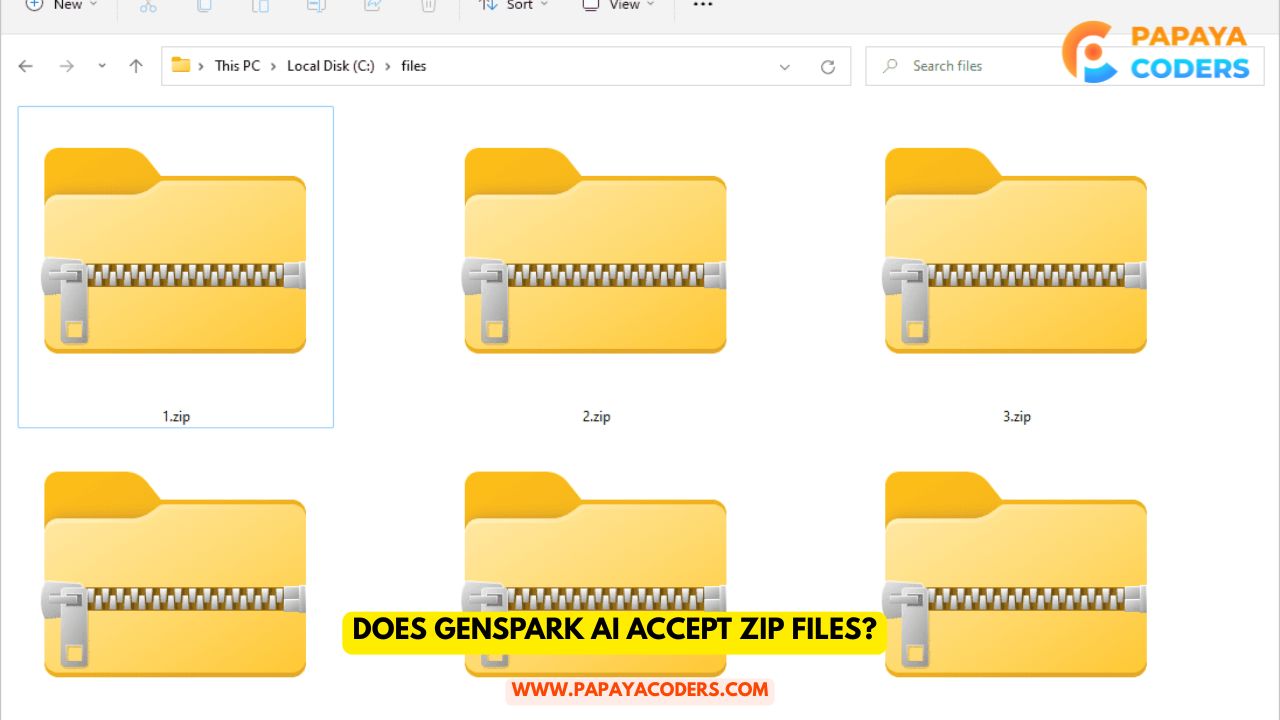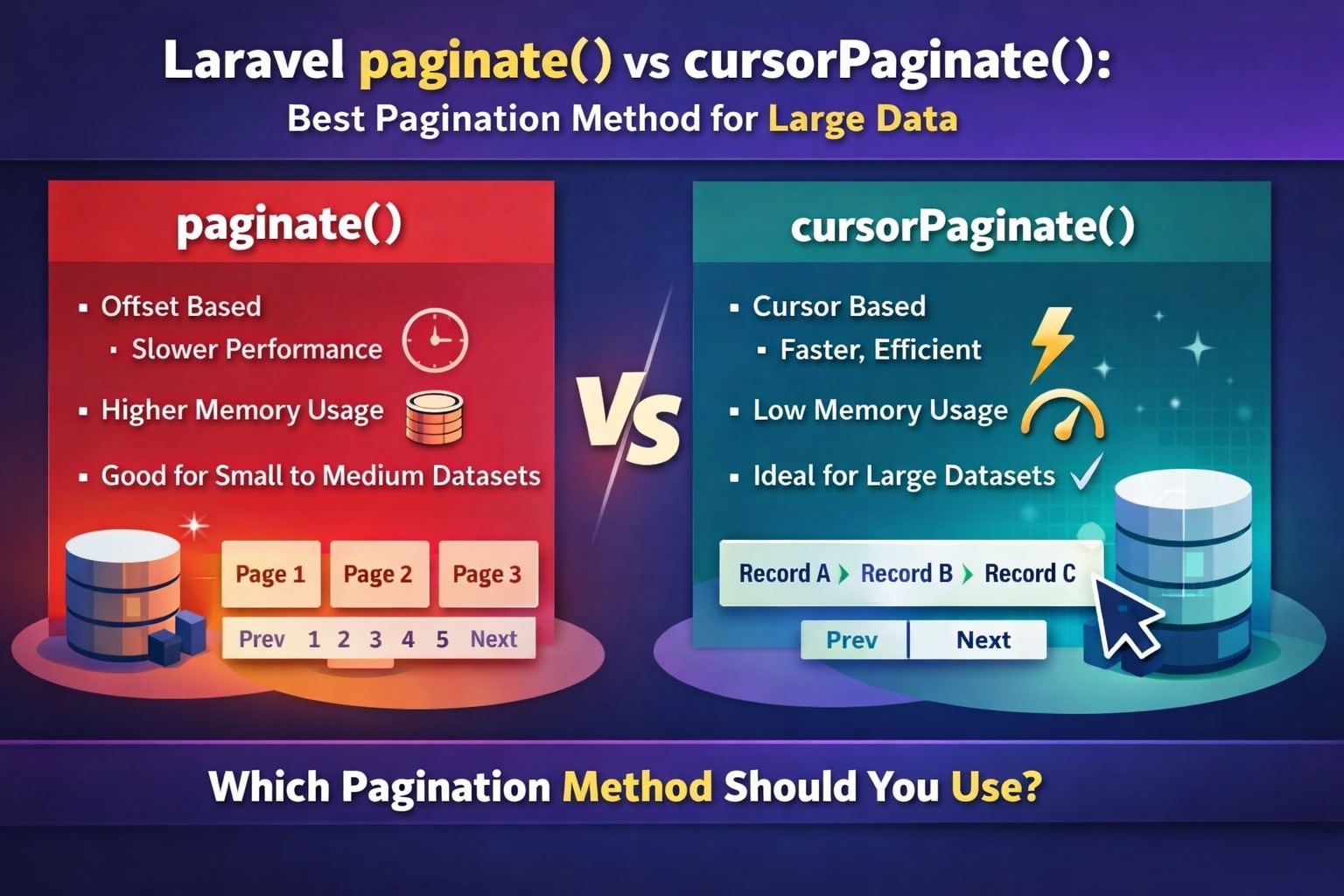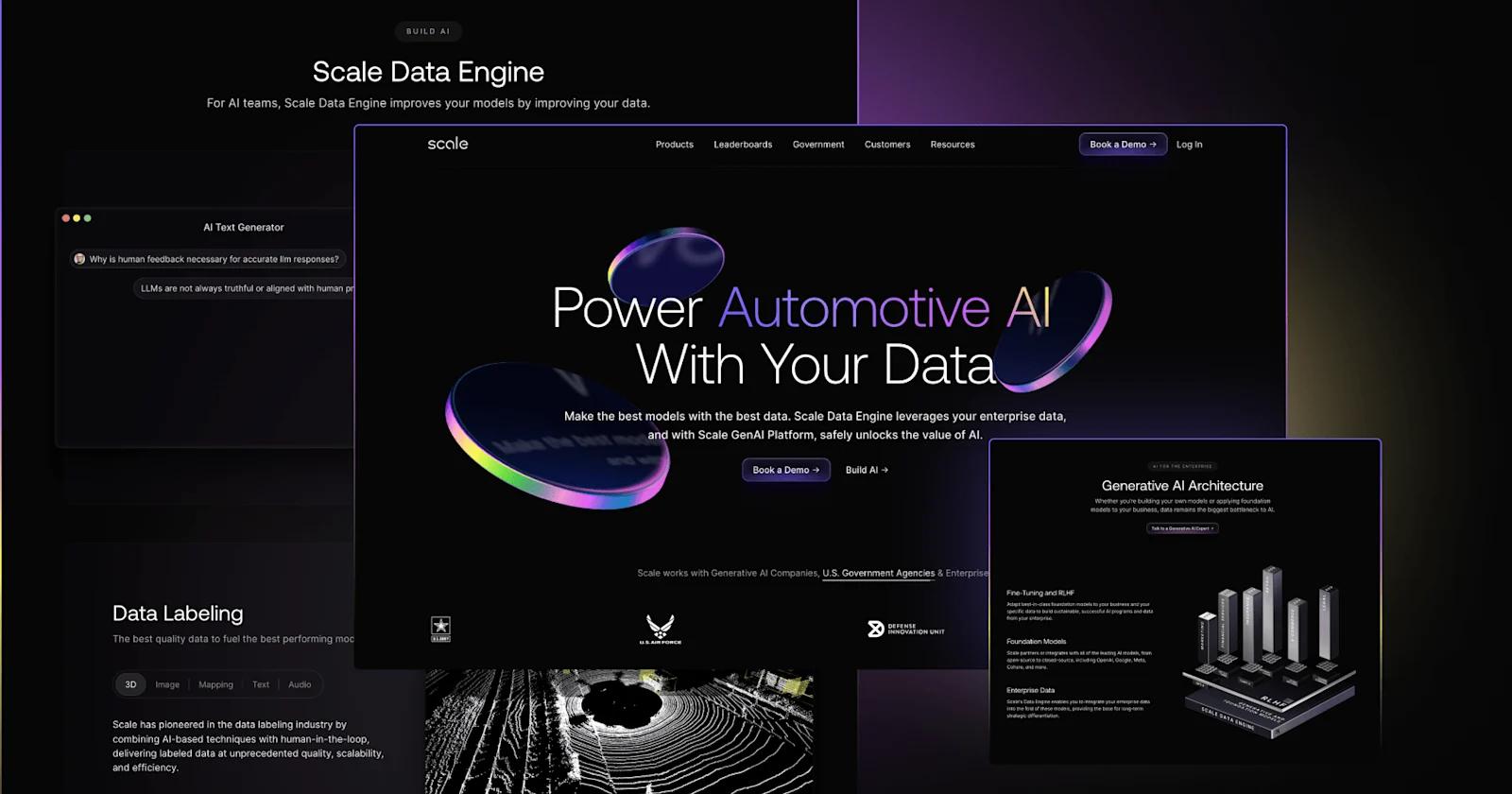As Artificial Intelligence technologies become more mature, users with bulky datasets, projects, or documents tend to depend on them for analysis. One of the most common questions is –
Can you use ZIP files with GenSpark AI?
It is helpful for anyone, from a student to a chef, data analyst, or developer, to understand which file types GenSpark AI can leverage, so that users do not waste valuable time and effort trying to understand what those types of files are. In this article, we will discuss GenSpark AI’s file upload capabilities, including the use of ZIP files and alternative options.
What is GenSpark AI?
Before exploring the file types supported, it is worthwhile to consider what GenSpark AI actually is. GenSpark AI is an artificial-intelligence (AI)- powered platform capable of assisting users with data processing, coding assistance, content creation, and AI-powered analysis.
It is designed to help users streamline workflows by automating repetitive tasks and surfacing intelligent insights.
The site accepts various file types, depending on the task, primarily text- and spreadsheet-based documents. However, when it comes to compressed files, such as ZIP archives, the situation becomes more complex.

Can I Use ZIP Files in GenSpark AI?
As it currently stands, GenSpark AI does not have the ability to upload and process ZIP files natively. Upon evaluation, the system is overall optimised for single file types, such as .txt, .csv, .docx, .pdf, .xlsx, and other proprietary or structured file types.
There is a simple operational reason why ZIP files are not supported: a ZIP file is a compressed folder that can contain partial files or an entire directory. GenSpark AI’s engine analyses and processes the data in each file individually, and therefore, GenSpark AI cannot extract or read data from within a ZIP-compressed file.
If you upload a ZIP file, you will encounter an error, or GenSpark AI will not be able to read any content inside the ZIP folder. This means you will need to extract the files separately from a ZIP file to use the data with GenSpark AI.
Why are ZIP Files Not Supported?
There are very practical reasons, like other AI applications (including GenSpark AI), that you cannot or all for ZIP files.
- Security Threats: ZIP files could contain malware, hidden scripts, or unknown code. To reduce the threat the AI systems often prevent uploading ZIPs.
- Lengthy Format: A ZIP file may contain multiple file types. The AI must unpack and determine what to do with each file before processing it. This adds complexity.
- Server Considerations: Extracting ZIP files on the server will consume additional time and space, negatively impacting all users.
As a result, not allowing uploads of ZIP files creates a better user experience for all, including less time waiting and reduced risk to your data and functionality.
What You Can Do Instead
If you want GenSpark AI to analyse multiple files, please follow the steps to not upload a ZIP file to be able to submit the files:
- Unzip Files: Use a file extractor (WinRAR, 7-Zip, or even your OS default extractor) to unzip the files.
- Upload One at a Time: Complete the upload with each file you would like GenSpark AI to process. If your file(s) are large data sets, you may need to break them down into smaller files.
- Change Files to Accepted Formats: make sure it is in readable formats, depending on your task, such as .csv, .txt, .pdf, .docx.
- Utilise Cloud Storage Links: If applicable, upload your documents to Google Drive or Dropbox and provide links to share with GenSpark AI to assist with processing.
Read also:-
- How to Get Online Marketing Clients: The Complete Guide
- Hyperlocal SEO: Digital Strategies for Small Cities & Towns
Conclusion:-
So, does GenSpark AI support uploading a .zip file? No, not directly. You will need to manually unzip your files and upload them separately in order to ensure they are ready for the AI to analyze. It may only seem like an extra step, but this aligns with a user experience where usable, readable data is the goal prior to using AI.
In the end, GenSpark AI makes it straightforward: submit individual files in supported formats, or handle a compressed .zip file. Following the above process will reduce the chance of upload errors while getting optimal performance out of the platform.








